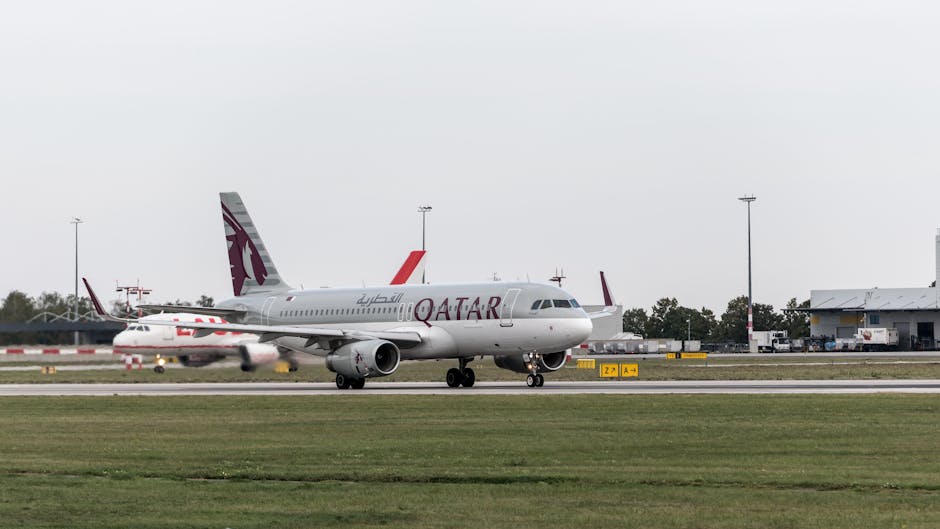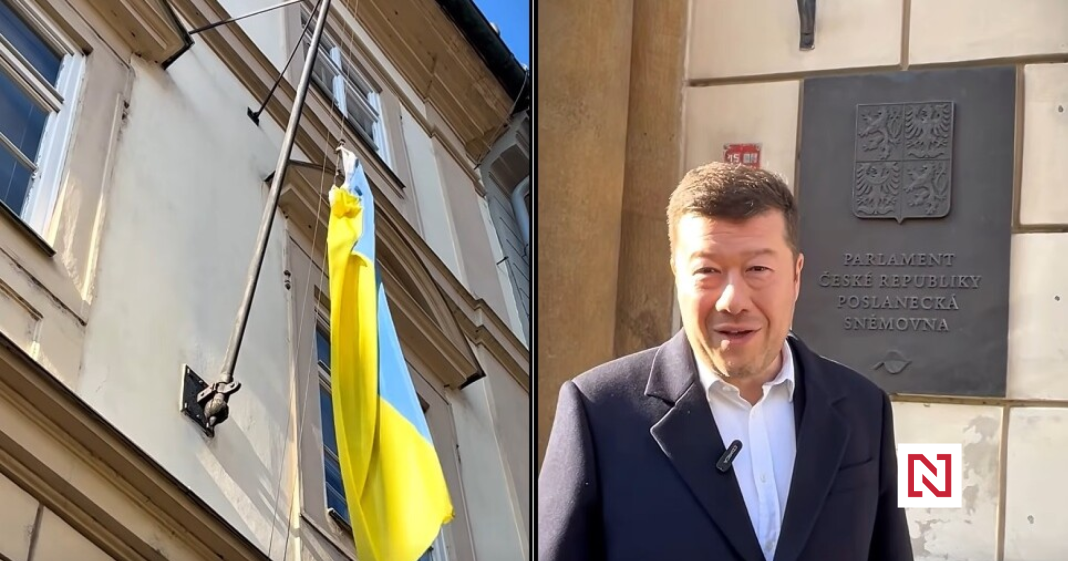Operations at Brussels Airport have been suspended once again due to the presence of an unauthorized drone in the vicinity, raising significant concerns about safety and the increasing frequency of such incidents at major airports.
Immediate Impact on Airport Operations

The sudden suspension of activities at Brussels Airport has led to both passenger and cargo disruptions, grounding many flights. The unexpected interference caused chaos for travelers, as they faced delays and cancellations. Airport authorities swiftly implemented safety protocols to mitigate any risks associated with drone interference. Measures included temporarily halting incoming and outgoing flights and rerouting air traffic to nearby airports as a precaution.
This incident signifies a growing concern for airports worldwide as drones become more prevalent and potentially hazardous. The situation highlights the urgent need for stricter drone regulations and improved security measures to prevent future disruptions.
Challenges in Detecting Unauthorized Drones

One of the significant challenges airports encounter is the detection and swift identification of unauthorized drones. Despite advances in technology, identifying a drone’s operator remains cumbersome, especially when drones are flown illegally near restricted airspace.
Brussels Airport has previously invested in drone detection technology, but this incident underscores gaps that persist. Integrating comprehensive detection systems is pivotal to ensuring that airports can respond promptly to drone activities. Collaboration between regulatory bodies and technology firms is essential for developing efficient solutions.
Regulatory Efforts and Global Response

The global aviation community is increasingly voicing the need for stringent regulations and international cooperation to address the risks posed by drones. European aviation authorities are considering uniform laws that would mandate drone registration, piloting certifications, and technological restrictions like geo-fencing near airports.
This incident at Brussels Airport adds urgency to ongoing discussions in European circles and may influence policymaking beyond Europe’s borders. The collective response may shape the frameworks needed to safeguard airspace from unauthorized drone activities.
Looking Forward: Innovations in Airspace Security

Innovations targeting drone management are on the rise as technology companies explore solutions like AI-driven detection systems and drone jammers. These tools aim to provide real-time defense mechanisms that help airports protect against potential threats.
Additionally, public awareness campaigns educating drone operators about safe flying practices and legal implications could contribute to reducing unauthorized drone encounters. As incidents like the one at Brussels Airport become more common, the blend of technology and education will be crucial in preventing disruptions.
The incident at Brussels Airport underscores the pressing need for comprehensive action to safeguard the airspace. As drones evolve from a novelty to a commonplace tool, the aviation industry must adapt quickly to these new challenges, ensuring the safety and reliability of global air travel.





